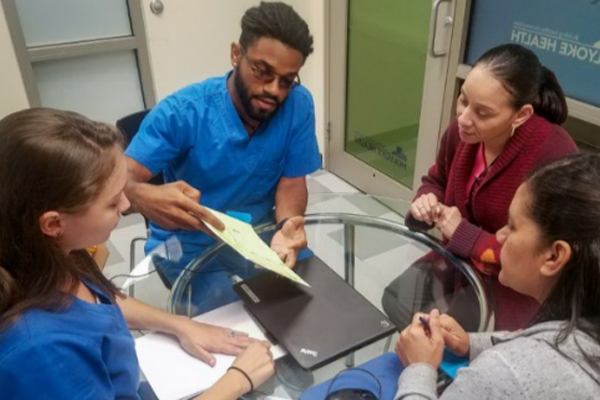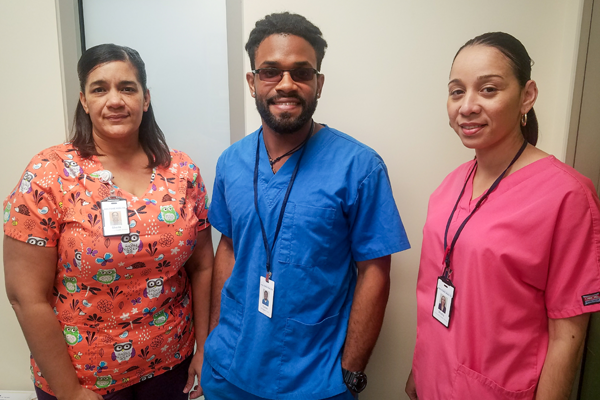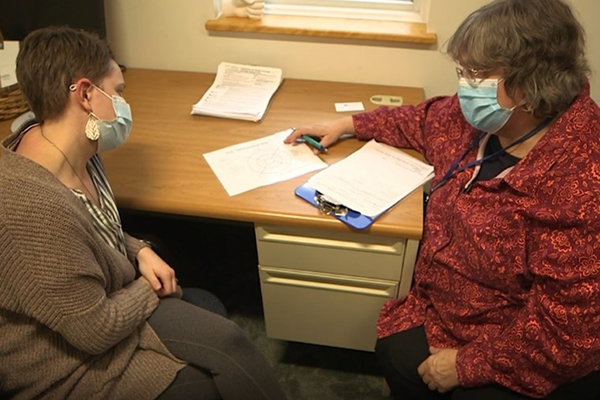

Behavioral Health Foundations for CHWs
How can YOU, as a CHW, help people live healthier, fuller lives by understanding behavioral health needs? How can CHWs become the bridge to behavioral health support in their communities?
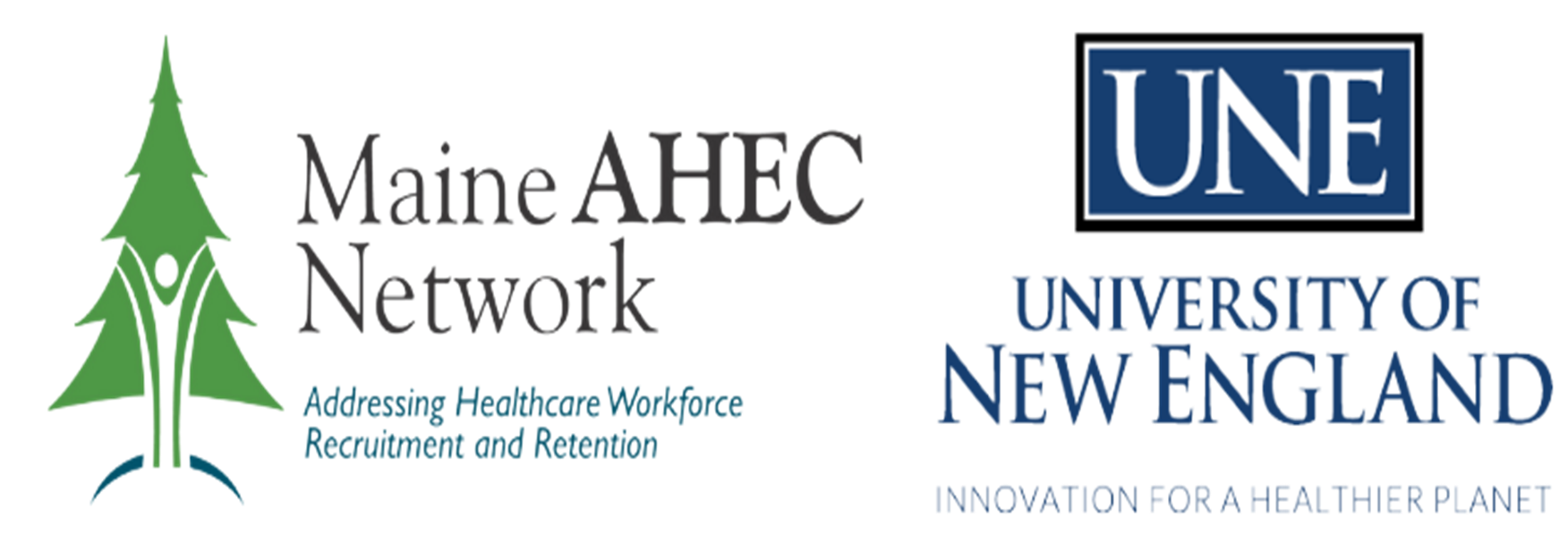

Course Information
- Audience: All public health professionals working in nonprofits, healthcare, educational institutions, government and private sector
- Format: Webinar
- Date/Time: July 24, 2025 12:00 PM – 1:00 PM ET.
- Price: Free
- Length: 1 hour
- Credential(s) eligible for contact hours: Sponsored by New England Public Health Training Center (NEPHTC), a designated provider of continuing education contact hours (CECH) in health education by the National Commission for Health Education Credentialing, Inc. This program is designated for Certified Health Education Specialists (CHES) and/or Master Certified Health Education Specialists (MCHES) to receive up to 1 total Category I continuing education contact hours. Maximum advanced-level continuing education contact hours are 1. Provider ID: Event ID: .If you are not seeking a CHES/MCHES contact hours, if you complete the post-test and evaluation, you will receive a Certificate of Completion. The Certificate will include the length of the course.
- Competencies: Community Dimensions of Practice Skills
- Learning Level: Awareness
- Companion Trainings: Community Health Worker Online
- Supplemental materials:Slides and follow-up email with any links mentioned during presentation
- Pre-requisites: Community Health Worker Designation
About this Webinar
This one-time virtual training will introduce foundational behavioral health concepts and equip Community Health Workers (CHWs) with practical strategies to support community members experiencing behavioral health challenges. CHWs will gain clarity on their role and how it integrates and differs from peer specialists and clinical providers.
The Session includes real-world case examples and interactive discussions to deepen learning. MCD will provide facilitation by experienced CHW trainers and include CHWs with lived experience working in the behavioral health field to ensure real-world relevance and peer-informed learning.
What you'll learn
- Define behavioral health and explain its relevance to whole-person care.
- Describe the unique role of CHWs in promoting mental wellness and supporting individuals.
- Understand common mental health concerns and substance use disorders.
- Understand how stigma affects help-seeking behavior.
- Access learning resources and referral tools for continued development.
Subject Matter Experts

Elizabeth Foley
Co-Director of Public Health
MCD Global Health
Cristina Leal
Senior Program Manager, CHW Initiatives, MCD Global Health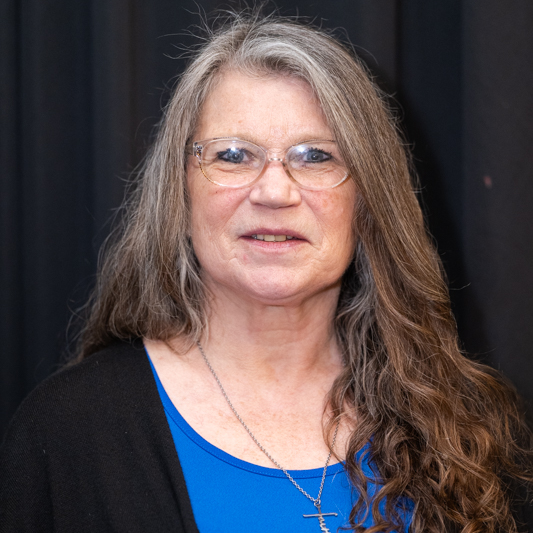
Betty St. Hilaire
Founder and Executive Director of The United Community Living Center
Enrollment and Contact Hours
Select the Enroll button below to register for the course. If you have any trouble accessing the course, contact support@nephtc.org.
Acknowledgement: This project is supported by the Health Resources and Services Administration (HRSA) of the U.S. Department of Health and Human Services (HHS) as part of award 2 UB6HP31685‐05‐00 “Public Health Training Centers.” The contents are those of the author(s) and do not necessarily represent the official views of, nor an endorsement, by HRSA, HHS or the U.S. Government.
This training was supported by the Health Resources and Services Administration (HRSA) of the U.S. Department of Health and Human Services (HHS) as part of a financial assistance award totaling $400,000 with 100% funded by HRSA/HHS and
0% funded by nongovernment source(s). The contents are those of the author(s) and do not necessarily represent the official views of, nor an endorsement, by HRSA/HHS, or the U.S. Government.
* Yale School of Public Health, Office of Public Health Practice, a New England Public Health Training Center partner, is a designated provider of continuing education contact hours (CECH) in health education by the National Commission for Health Education Credentialing, Inc. All CHES credit inquiries are managed by YSPH
Registration
Select the Enroll Me button below to register for this recording. If you have any trouble accessing the recording, contact support@nephtc.org.
Acknowledgement: This project is supported by the Health Resources and Services Administration (HRSA) of the U.S. Department of Health and Human Services (HHS) as part of award 2 UB6HP31685‐05‐00 “Public Health Training Centers.” The contents are those of the author(s) and do not necessarily represent the official views of, nor an endorsement, by HRSA, HHS or the U.S. Government.
Beyond Seizures and Epilepsy: Community Health Worker Training
Did you know....
- Approximately 3.4 million people in the US live with active epilepsy.
- 1 in 26 people will develop epilepsy during their lifetime
- 1 in 10 people will experience a seizure during their lifetime
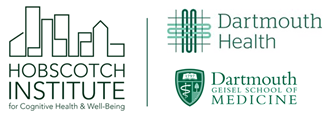
Register
Course Information
- Audience: Community health workers, patient navigators, nurses, multilevel primary and behavioral health care providers, social workers, health educators
- Format: Webinar
- Date/Time: Thursday, February 16th 2023 12:00 PM – 1:00 PM EST.
- Price: Free
- Length: 1 hour
- Credential(s) eligible for contact hours: Sponsored by New England Public Health Training Center (NEPHTC), a designated provider of continuing education contact hours (CECH) in health education by the National Commission for Health Education Credentialing, Inc. This program is designated for Certified Health Education Specialists (CHES) and/or Master Certified Health Education Specialists (MCHES) to receive up to 1 total Category I continuing education contact hours. Maximum advanced-level continuing education contact hours are 0. Provider ID: 1131137 Event ID: PM1131137_02162023.If you are not seeking a CHES/MCHES contact hours, if you complete the post-test and evaluation, you will receive a Certificate of Completion. The Certificate will include the length of the course.
- Competencies: Community Partnership Skills
- Learning Level: Performance
- Companion Trainings:
An Overview of Epilepsy and Self-Management Virtual Training
Training Length: 4 hours
Cost: Free
Course Director: Elaine T. Kiriakopoulos, MD, MSc
To learn more visit: https://www.dartmouth-hitchcock.org/hobscotch-institute/community-training - Supplemental materials:This training delivers learning that address:
- Overview of Epilepsy & Seizures
- Treatment Considerations in Epilepsy
- Comorbidities in Epilepsy
- Chronic disease management & self-management
- Case Studies in Epilepsy Learning Outcome: Participants will report a change in practice related to assisting individuals and families impacted by epilepsy.
- Pre-requisites: None
About this Webinar
Seizures and epilepsy can occur with comorbid neurologic and psychiatric disorders including stroke, traumatic brain injury, Alzheimer’s disease, brain tumors, migraine, multiple sclerosis, autism, anxiety, and depression.
Learn about epilepsy,
its treatment, its relationship to other common neurologic conditions, challenges individuals and families with epilepsy face and how to assist people better manage their disease and lifestyle to lessen the impact of epilepsy.
Faculty deliver live interactive virtual training that provides an overview of epilepsy, common comorbidities in epilepsy, available treatments, lifestyle and disease management considerations and an introduction to evidence-based epilepsy self-management programs.
What you'll learn
At the end of the webinar, participants will be able to:
- Discuss seizures, epilepsy and how epilepsy is diagnosed and treated
- Recognize the relationship between seizures, epilepsy, and comorbid neurologic and psychiatric conditions
- Understand common challenges individuals and families impacted by epilepsy face
- Identify epilepsy self-management programs and assistance available to individuals with epilepsy to help them better manage their disease and lifestyle to lessen the impacts of epilepsy
Subject Matter Experts

Elaine Kiriakopoulos
MD, MSc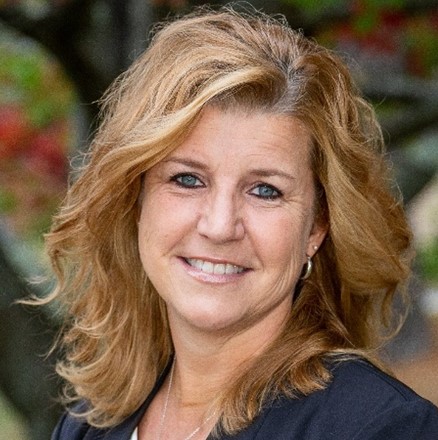
Trina Dawson
BA, CHW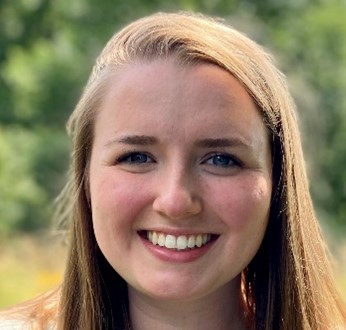
Anna Murray
BA, CHW
Dr. Elaine Kiriakopoulos is an Assistant Professor of Neurology at the Geisel School of Medicine at Dartmouth College, a neurologist and public health educator, and the Director of the HOBSCOTCH Institute for Cognitive Health and Well-Being and the Community Epilepsy & Self-Management Training Center at the Dartmouth Health. At Dartmouth, she leads efforts aiming to expand epilepsy education for health professionals and has developed and led interactive virtual epilepsy education and training for community health workers and primary care providers in partnership with the Centers for Disease Control and Prevention.
Trina Dawson is the Project Coordinator for the HOBSCOTCH Institute for Cognitive Health and Well-Being at Dartmouth-Health. She received her BA from Plymouth State University in Psychology. In this role she assists in the delivery and support of Epilepsy & Self-Management Community Health Worker Training and participates as a Cognitive Coach in self-management program delivery to patients. Prior to joining Dartmouth Health, Trina worked as a Community Health Worker in a rural healthcare center setting and was responsible to connect individuals and families with resources such as food, housing, transportation, medical care, and mental health services.
Anna Murray is a Community Health Worker in the Department of Neurology at Dartmouth Hitchcock Medical Center. Currently, in her CHW role she works with patients with neurologic disease to address social determinants of health and connect them with resources in the community to meet their needs. As a CHW at an academic medical center her role is integrated with nurses, physicians, and social workers in a team-oriented approach to improving health outcomes and quality of life for patients. Anna has received certification to serve as an Epilepsy Self-Management Coach broadening her CHW skillset and enabling her to assist this patient population build key chronic disease self-management skills in their homes and diverse communities.
Registration
Select the Enroll Me button below to register for this recording. If you have any trouble accessing the recording, contact support@nephtc.org.
Acknowledgement: This project is supported by the Health Resources and Services Administration (HRSA) of the U.S. Department of Health and Human Services (HHS) as part of award 2 UB6HP31685‐05‐00 “Public Health Training Centers.” The contents are those of the author(s) and do not necessarily represent the official views of, nor an endorsement, by HRSA, HHS or the U.S. Government.

CHW Webinar: Trauma Informed Self Care and Community Care during a Pandemic
What does healing and resiliency-building look like in the context of a national moment of reckoning on health and justice?


Register
Course Information
- Audience: Community health worker, public health professional professionals serving communities of concern
- Format: Online Webinar
- Date/Time: June 23, 2020
11:00 - 12:00 PM EST - Price: Free
- Length: 1 hour
- Credential(s) eligible for contact hours: If you complete the post-test and evaluation, you will receive a Certificate of Completion. The Certificate will include the length of the course. Generally 50 – 60 minutes is equivalent to 1 contact hour and the contact hour(s) for this course may be applicable towards continuing education requirements for certain credentials. You may want to check with your credentialing body if you’re unsure if this course meets its continuing education requirements.
- Competencies: Health Equity Skills
- Learning Level: Awareness
- Companion Trainings:
- Supplemental materials:Session PowerPoint
- Pre-requisites None
About this Webinar
Participants will explore the impact of the COVID-19 pandemic and this new moment in the civil rights movement for Black lives through a lens of trauma-informed care. The workshop will cover self- and community care, self-reflection for allyship and liberation, and resiliency-building through a lens of racial and gender justice.
What you'll learn
At the end of the course, participants will be able to:
- Identify tools for self- and community care to help sustain health workers in a critical time
- Name Principles of Trauma-Informed Care and some ways they can be applied to daily work with colleagues and clients/ patients
- Think about how to hold trauma-informed, healing-centered space to talk about some of the major changes happening in our society right now.
- Deepen a self-reflection practice for resiliency-building and improved collaboration.
Subject Matter Expert
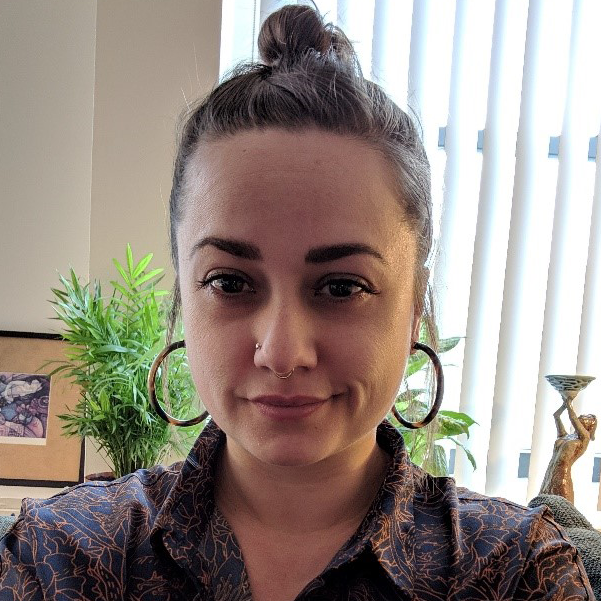
Samantha Calero
Samantha Isabel Calero (Sam, she/her) is a biracial Latinx public health consultant. Her work includes training and facilitation, technical assistance, policy analysis and development and organizational capacity building to address trauma, resiliency, racial and gender justice. She approaches her work with an intersectional, margins-to-center lens of relationship building and critical analysis for change. Sam is a member of Mijente and currently is completing her master's degree in health policy at the Harvard T.H. Chan School of Public Health. She lives in Roxbury with her daughter.
Registration
Select the Enroll Me button below to register for this webinar. If you have any trouble accessing the webinar, contact support@nephtc.org.
Acknowledgement: This project is/was supported by the Health Resources and Services Administration (HRSA) of the U.S. Department of Health and Human Services (HHS) under grant number UB6HP31685 “Regional Public Health Training Center Program.” This information or content and conclusions are those of the author and should not be construed as the official position or policy of, nor should any endorsements be inferred by HRSA, HHS or the U.S. Government.
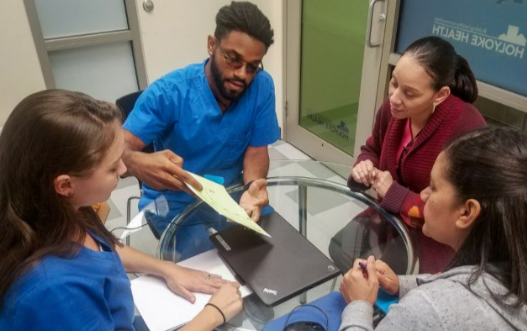
Community Health Workers Learn Teach Back
Would you like to learn an easy to use communication technique to help improve your interactions with your clients?


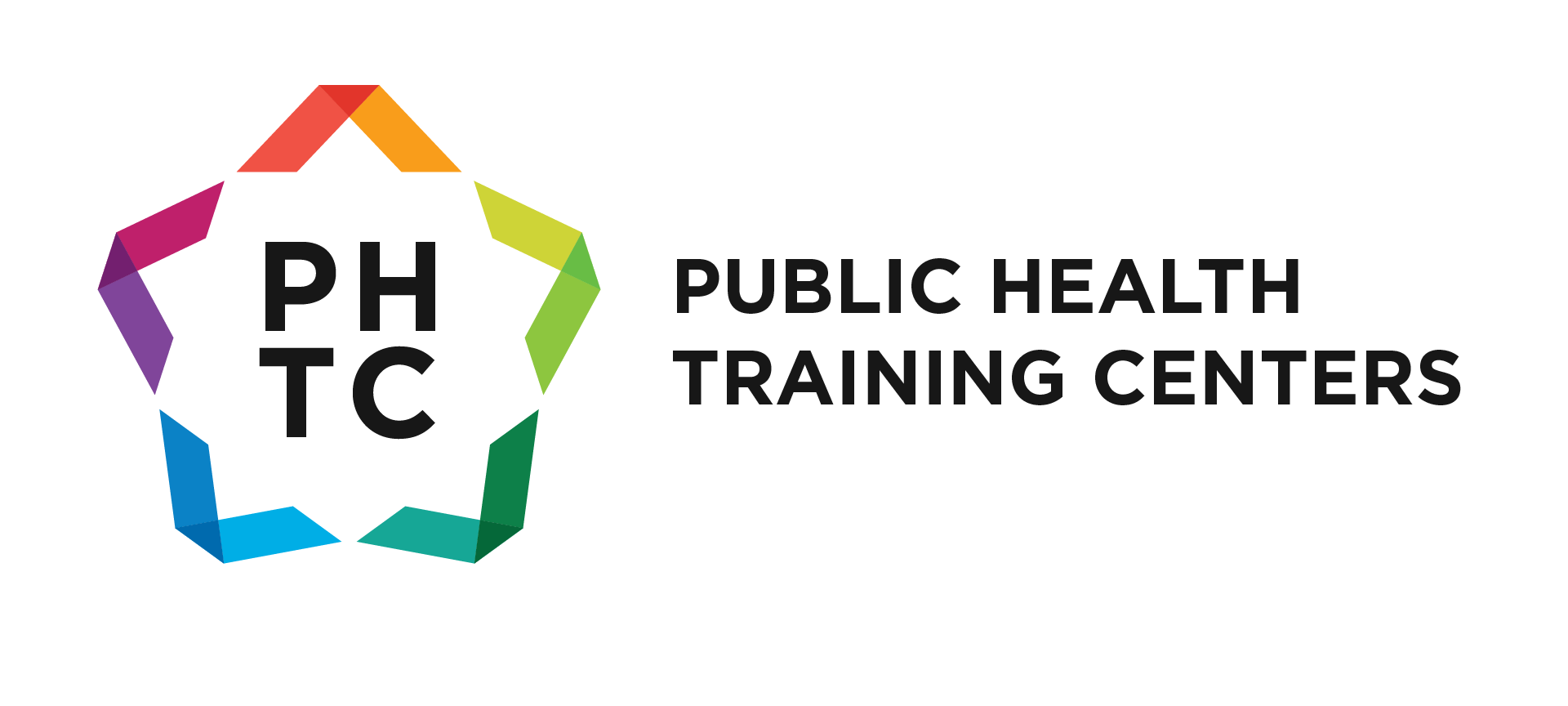

Register
Course Information
- Audience: Community health workers, CHW supervisors, Community Health Centers
- Format: Webinar
- Date/Time: Wednesday, December 13, 2017, 12:00-1:00 PM
- Price: Free
- Length: 1 hour
- Credential(s) eligible for contact hours: Sponsored by New England Public Health Training Center (NEPHTC), a designated provider of continuing education contact hours (CECH) in health education by the National Commission for Health Education Credentialing, Inc. This program is designated for Certified Health Education Specialists (CHES) and/or Master Certified Health Education Specialists (MCHES) to receive up to 1 total Category I continuing education contact hours. Maximum advanced-level continuing education contact hours are 0. Provider ID: 1131137 Event ID: SS1131137_CHWLTB.
If you are not seeking CHES/MCHES contact hours, if you complete the evaluation, you will receive a Certificate of Completion. The Certificate will include the length of the course. - Competencies: Community Partnership Skills
- Learning Level: Awareness
- Companion trainings Integration of CHWs into a Pharmacy Setting,
The Role of CHWs in Chronic Disease Self-Management - Diabetes - Supplemental materials: Resources list, PowerPoint
- Pre-requisites: None
About this Webinar
Community health workers will learn to use the Teach – Back Method, an evidence based communication tool proven to improve patient outcomes by decreasing problems that result from miscommunication. Meet Carlos and learn by example as he explains how he uses teach as part of his CHW role working with patients in a pharmacy to increase adherence.
What you'll learn
At the end of the course, participants will be able to:
- State the purpose of Teach Back
- Explain the essential steps in Teach Back
- Identify situations where Teach Back is appropriate to use
- List 2-3 questions to ask patients so they will teach back
- Develop a plan to use Teach Back in daily practice
Subject Matter Experts

Dawn Heffernan
Director,
W. MA Public Health Training Center
UMass Amherst
Carlos Semidey
Community Health Worker,
Holyoke Health Center, Inc (HHC)
Registration and Contact Hours
Select the Enroll button below to register for this webinar. If you have any trouble accessing the webinar, contact trainingmanager@nephtc.org.
The Certificate of Completion will include the length of the webinar. Generally 50 – 60 minutes is equivalent to 1 contact hour. Contact hours may be applicable towards continuing education requirements for certain credentials. Check with your credentialing body to verify if the topic meets its continuing education requirements.
Integration of Community Health Workers Into a Community Health Center Pharmacy
What is the role of CHWs in a Pharmacy? How can CHWs help pharmacies be more effective?



Register
Course Information
- Audience: The intended audience for this training is pharmacy directors, medical directors, clinical directors, CHW supervisors, and community health workers
- Format: Webinar
- Date/Time: Tuesday, October 17, 2017
12:00-1:00 PM - Price: Free
- Length: 1 hour
- Credential(s) eligible for contact hours: Sponsored by New England Public Health Training Center (NEPHTC), a designated provider of continuing education contact hours (CECH) in health education by the National Commission for Health Education Credentialing, Inc. This program is designated for Certified Health Education Specialists (CHES) and/or Master Certified Health Education Specialists (MCHES) to receive up to 1 total Category I continuing education contact hours. Maximum advanced-level continuing education contact hours are 0. Provider ID: 1131137 Event ID: SS1131137_ICHWCH.
If you are not seeking CHES/MCHES contact hours, if you complete the evaluation, you will receive a Certificate of Completion. The Certificate will include the length of the course. - Competencies: Community Partnership Skills
- Learning Level: Awareness
- Companion trainings Teach Back
- Supplemental materials: None
- Pre-requisites: None
About this Webinar
Integrating Community Health Workers into a Pharmacy Setting is a worthwhile challenge. This course offers practical advice on how community health workers are utilized in a federally qualified health center. Learn from experts who systematized the CHW role in both pharmacy and primary care.
What you'll learn
At the end of the course, participants will be able to:
- Describe the community health worker role in medication therapy management program in an urban pharmacy setting
- Identify 4 essential skills for community health workers in the pharmacy setting
- State the target population for community health workers
- Name two outreach settings described in the training
Subject Matter Expert

Jerril Varghese, PharmD, RPh
Clinical Pharmacist,
Holyoke Health Center, Inc (HHC)
Registration and Contact Hours
Select the Enroll button below to register for this webinar. If you have any trouble accessing the webinar, contact trainingmanager@nephtc.org.
The Certificate of Completion will include the length of the webinar. Generally 50 – 60 minutes is equivalent to 1 contact hour. Contact hours may be applicable towards continuing education requirements for certain credentials. Check with your credentialing body to verify if the topic meets its continuing education requirements.

Nurses: Fitting CHWs into your Public Health or Health Care Practice
What is the role of the Community Health Worker? How are organizations using the combined skills of their CHWs and their nurses to better promote health?


Register
Course Information
- Audience: Heads of local or regional health departments and managers or directors in city or state public health agencies, providers and primary care team members, emergency department management, community health workers and medical assistants, social workers, hospital nurses, school nurses, organizations in community-based prevention and care, social service staff
- Format: Webinar
- Date/Time: March 15, 2017 (Archived)
12:30-1:30pm - Credential(s) eligible for contact hours: Sponsored by New England Public Health Training Center (NEPHTC), a designated provider of continuing education contact hours (CECH) in health education by the National Commission for Health Education Credentialing, Inc. This program is designated for Certified Health Education Specialists (CHES) and/or Master Certified Health Education Specialists (MCHES) to receive up to 1 total Category I continuing education contact hours. Maximum advanced-level continuing education contact hours are 1. Provider ID: 1131137 Event ID: SS1131137_NFSCHPH.
If you are not seeking CHES/MCHES contact hours, if you complete the evaluation, you will receive a Certificate of Completion. The Certificate will include the length of the course. - Price: Free
- Length: 1 hour
- Competencies: Management and Finance Skills
- Learning Level: Awareness
- Supplemental materials: None
- Pre-requisites: None
About this Webinar
At a time when Community Health Workers are increasingly important as a way of reaching vulnerable populations, hear from a leader who directs implementation across multiple programs and settings. Whether your organization already employs community health workers and wants to integrate their practice more effectively, or is considering how to introduce them and define their roles, this webinar will allow you to hear from both nurses and CHWs. Discover how working together has influenced their scopes of work and effectiveness.
What you'll learn
At the end of the course, participants will be able to:
- Describe the role of the Community Health Worker in comparison to the role of the public health or other nurse
- Describe two models of CHW & nurse collaboration from real cases
- Identify areas for potential improvement in collaborating with CHWs
Subject Matter Expert

Abby Charles
Senior Program Manager Institute for Public Health Innovation
Registration and Contact Hours
Select the Enroll button below to register for this webinar. If you have any trouble accessing the webinar, contact trainingmanager@nephtc.org.
The Certificate of Completion will include the length of the webinar. Generally 50 – 60 minutes is equivalent to 1 contact hour. Contact hours may be applicable towards continuing education requirements for certain credentials. Check with your credentialing body to verify if the topic meets its continuing education requirements.

Practical Strategies to Increase Your Personal Safety While Doing Fieldwork
Have you ever been harmed or threatened, or felt unsafe while doing your work out in the field/community? Did you know what to do, or how to prevent it from happening again?


Register
Course Information
- Audience: Community health workers and all public health professionals
- Format: Webinar
- Date/Time: October 15, 2019
12:00 - 1:00 PM EST - Price: Free
- Length: 1 hour
- Credential(s) eligible for contact hours: Sponsored by New England Public Health Training Center (NEPHTC), a designated provider of continuing education contact hours (CECH) in health education by the National Commission for Health Education Credentialing, Inc. This program is designated for Certified Health Education Specialists (CHES) and/or Master Certified Health Education Specialists (MCHES) to receive up to 1 total Category I continuing education contact hours. Maximum advanced-level continuing education contact hours are 0. Provider ID: 1131137 Event ID: SS1131137_PSIYPS
If you are not seeking CHES/MCHES contact hours, if you complete the evaluation, you will receive a Certificate of Completion. The Certificate will include the length of the course. - Competencies: Community Partnership Skills
- Learning Level: Awareness
- Companion Trainings: None
- Supplemental materials:Session PowerPoint, stress management techniques hand-outs
- Pre-requisites:None
About this Webinar
This webinar will provide practical tips and strategies for improved threat awareness and self-protection during field work, focused on workplace violence risk. Quick, effective stress management techniques, such as specialized breathing will also be provided. These tools can aid in increasing awareness and safety as well as de-escalation.
What you'll learn
At the end of the course, participants will be able to:
- List 2 strategies for improved hazard awareness in the field
- List 2 strategies for maintaining your personal safety in the field
- List 2 self-practice techniques for stress management
Subject Matter Expert

Hilary Hackbart
Hilary Hackbart works for the MA Department of Labor Standards in the Workplace Safety and Health for Public Sector Employees program. She has worked extensively on the development of occupational health and safety management systems, has conducted hundreds of on-site workplace health and safety assessments, and has trained thousands of workers on a wide range of health and safety topics, including workplace violence prevention. She holds a BA in Biochemistry from Harvard University, and an MS in Hazardous Materials Management from Tufts University.
Registration and Contact Hours
Select the Enroll button below to register for this webinar. If you have any trouble accessing the webinar, contact trainingmanager@nephtc.org.
The Certificate of Completion will include the length of the webinar. Generally 50 – 60 minutes is equivalent to 1 contact hour. Contact hours may be applicable towards continuing education requirements for certain credentials. Check with your credentialing body to verify if the topic meets its continuing education requirements.

The Role of Community Health Workers in Addressing Diabetes
Did you know…
- A total of 37.3 million people have diabetes in the United States (11.3% of the US population)
- A total of 96 million people aged 18 years or older have prediabetes (38.0% of the adult US population), with many undiagnosed.
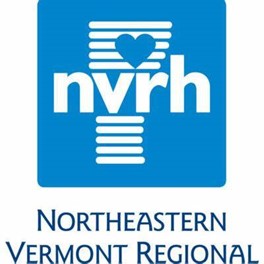

Register
Course Information
- Audience: Community health workers (or similar roles), patient navigators, health educators
- Format: Webinar
- Date/Time: Thursday, March 16th 2023 12:00 PM – 1:00 PM EST.
- Price: Free
- Length: 1 hour
- Credential(s) eligible for contact hours: Sponsored by New England Public Health Training Center (NEPHTC), a designated provider of continuing education contact hours (CECH) in health education by the National Commission for Health Education Credentialing, Inc. This program is designated for Certified Health Education Specialists (CHES) and/or Master Certified Health Education Specialists (MCHES) to receive up to 1 total Category I continuing education contact hours. Maximum advanced-level continuing education contact hours are 0. Provider ID: 1131137 Event ID: PM1131137_TROCHWIAD.If you are not seeking a CHES/MCHES contact hours, if you complete the post-test and evaluation, you will receive a Certificate of Completion. The Certificate will include the length of the course.
- Competencies: Community Partnership Skills
- Learning Level: Awareness
- Companion Trainings: MCD Global Health Chronic Conditions Trainings: Free to Vermont Community Health Workers until June 30, 2023: To learn more or enroll, visit: https://chwtraining.mcdph.org
- Pre-requisites: None
About this Webinar
Across the country and locally in Vermont, there has been an increase in recognition of the effectiveness of Community Health Workers (CHWs) in supporting individuals with diabetes. As trusted members of the communities they work with, CHWs are well suited to provide diabetes support and offer ongoing care in addressing social and health issues. Organizations have increased efforts to integrate CHWs in the delivery of diabetes support, but there is a need to increase awareness about how to successfully expand the role of CHWs in addressing diabetes.
What you'll learn
At the end of the webinar, participants will be able to:
- Define types, symptoms, risk factors and complications of diabetes
- Discuss the rate of Vermonters with Diabetes
- Identify the roles that Community Health Workers can play in diabetes prevention and control
Subject Matter Experts
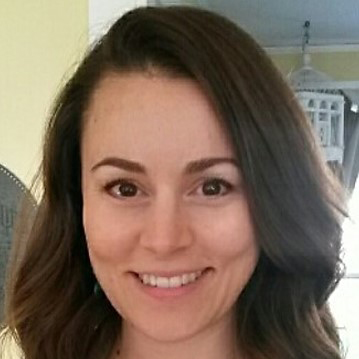
Jennifer Woolard
BS, MPH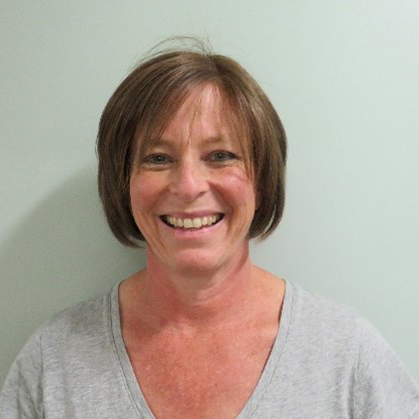
Sharon Anderson
RDN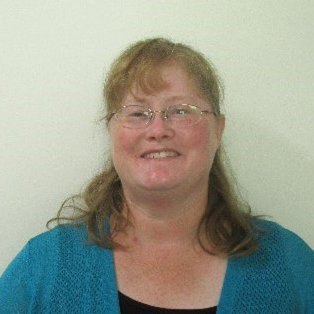
Deborah Locke-Rousseau
Community Health Team Lead, CHW Supervisor,
Community Connections of NVRH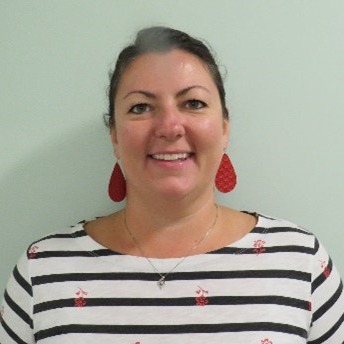
Crystal Bigelow
CHW and Vermont Health Connect Navigator at Community Connections of NVRH
Jennifer Woolard, BS, MPH: Jennifer Woolard is the Public Health Program Administrator with the Vermont Department of Health (VDH) Heart Disease and Diabetes Program. She holds a master’s in public health and a bachelor’s in nutrition and has more than ten years of public health experience. Her roles have spanned across various settings, including work with schools, towns, community organizations, health systems, and statewide partners, all aimed at reducing the burden of disease. Over the last five years, Jennifer has worked with community and clinical partners to address system level interventions in support of the prevention and management of heart disease and diabetes. Part of Jennifer’s work has also centered on the development of a formal statewide infrastructure to support and sustain Community Health Workers in Vermont.
Sharon Anderson is a registered dietitian nutritionist and a certified diabetes care and education specialist. She has worked at Northeastern Vermont Regional Hospital in Saint Johnsbury for the past 20 years. Currently she is the director of nutrition and food service. Sharon graduated from the University of Vermont in 1992 with a BS in Nutritional Sciences. She has spent the bulk of her career working with people who have obesity and or diabetes and helping them live healthier lives.
Debbie has been with NVRH for four and a half years. Debbie came to NVRH from the local Council on Aging after 15 years’ experience, 10 years in Case Management and 5 years as a CM Supervisor. Debbie has a background in Emergency Medicine having worked with the local EMS and UVM Medical Center Emergency Department as well as their transport team, as a Correctional Officer, and as a Medical Billing Specialist. As the CHT Lead, she organizes and facilitates the monthly CHT meetings for the NVRH Health Service Area. Our CHT includes not only the Blueprint paid staff, as the title implies, but each partner in the HSA that provides services to our fellow community members, patients, clients. We have over 50 Community Partner Agencies that participate, with over 160 members on the distribution listing. Community Connections is the gateway to those services provided to the community by our Community Health Team members. As a free service provided by NVRH, the CHWs are available by phone, fax, provider or community partner referral or on a walk-in basis at their building on the NVRH campus to conduct a brief intake and hear what is important to and for the individual, conducting a benefits review and supporting them in self-managing to live their best lives.
Crystal has been a CHW at Community Connections for a little over three years. In that time she has trained to become a Vermont Health Connect Navigator, a Health Coach, and most recently a Peer Recovery Coach in order to support our local peer recovery center as CHWs. Crystal came to NVRH with seven years’ experience as a Medical Receptionist and a Dental Billing Specialist at Northern Counties Health Care.
Registration
Select the Enroll Me button below to register for this recording. If you have any trouble accessing the recording, contact support@nephtc.org.
Acknowledgement: This project is supported by the Health Resources and Services Administration (HRSA) of the U.S. Department of Health and Human Services (HHS) as part of award 2 UB6HP31685‐05‐00 “Public Health Training Centers.” The contents are those of the author(s) and do not necessarily represent the official views of, nor an endorsement, by HRSA, HHS or the U.S. Government.



